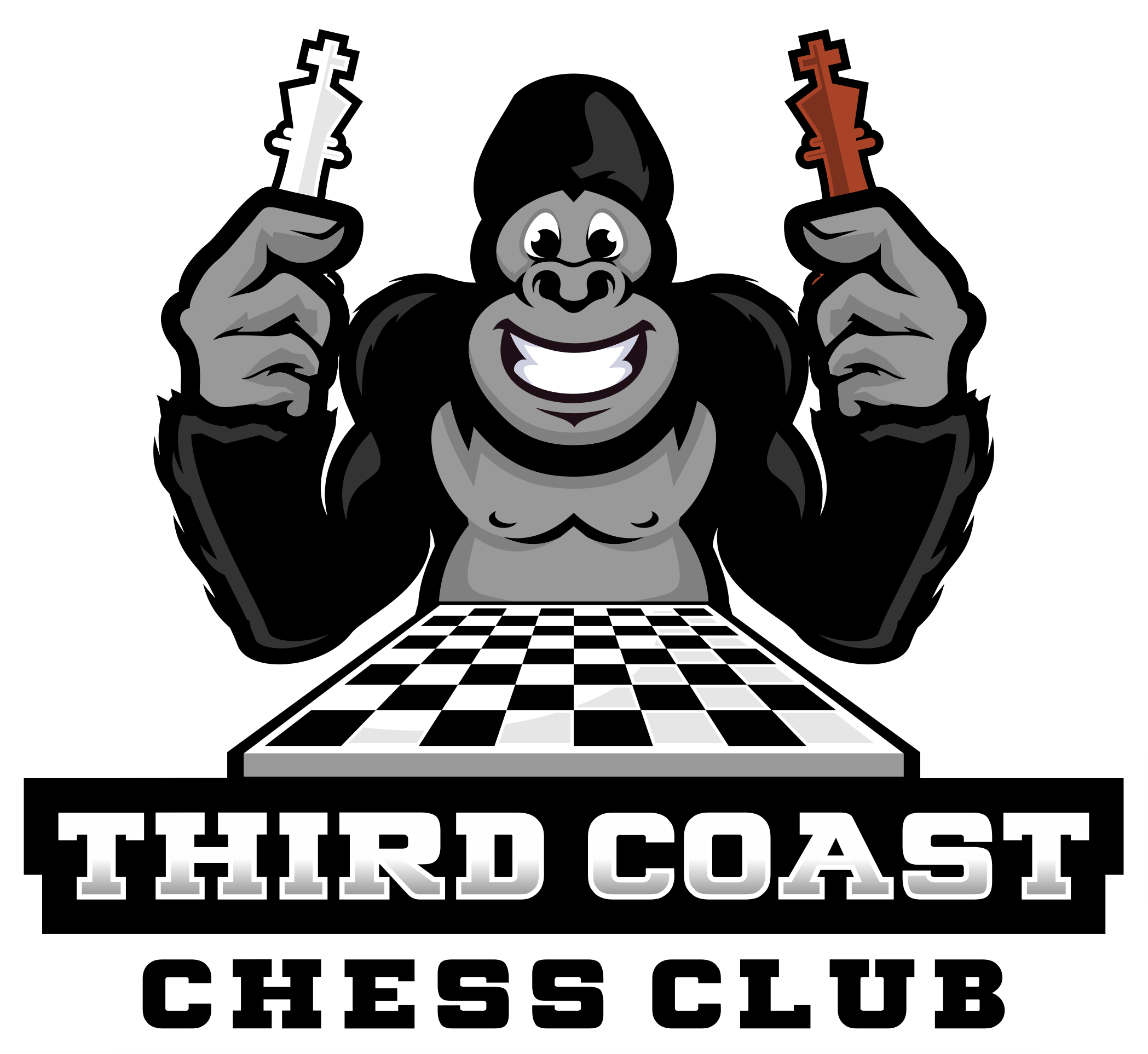Many young chess players begin their journey through scholastic tournaments and may continue to play exclusively in these events, feeling that competing against older players would leave them outmatched. However, this belief is often misguided. The true measure of a player’s skill is not their age but their rating.
A young player with a 1300 rating is just as strong as an adult with the same rating, and both would be significantly weaker than a player rated 1600, regardless of age. In fact, a young player rated 1300 has a better chance of winning the “Under 1400 Section” of an open tournament than they would in some scholastic tournaments, where top players can be rated 1600 or higher.
Another format where young players can thrive is the quad tournament. In these round-robin events, groups of four players are formed based on similar ratings, ensuring competitive matches. Tournaments featuring rating sections like Under 1600, Under 1400, or Under 1200 may provide a stronger challenge compared to scholastic events, and this higher level of competition can help improve a player’s game over time.
The Power of Playing Stronger Opponents
While studying chess books and taking lessons are valuable, there is one tried-and-true method to significantly improve your chess strength: playing against stronger opponents. This “secret method” has been used by grandmasters throughout history, though it’s often overlooked by younger players.
The key to improvement is simple: play against opponents who are better than you, and be willing to lose. It’s from these losses that the most valuable lessons are learned. When facing weaker players, your mistakes often go unpunished, leaving you unaware of areas in need of improvement. However, stronger players will expose these weaknesses, providing you with the feedback necessary to grow.
Competing against players of equal skill will help, but if you’re truly ambitious, it won’t be enough. To unlock your full chess potential, you need to face opponents rated higher than you.
“Playing Up” for Greater Gains
If you’ve never participated in a rating-based open tournament, it may be wise to start by playing in your designated rating section. Once you’re comfortable, consider “playing up”—entering a higher section than your rating qualifies you for. While you may not score as many points, your rating doesn’t need a high score to improve. Even a modest score, such as earning 1 point out of 5 against players rated 300 points higher, can boost your rating.
The key takeaway? Don’t shy away from stronger competition. By challenging yourself against better players, you’ll accelerate your chess growth and unlock greater potential.


